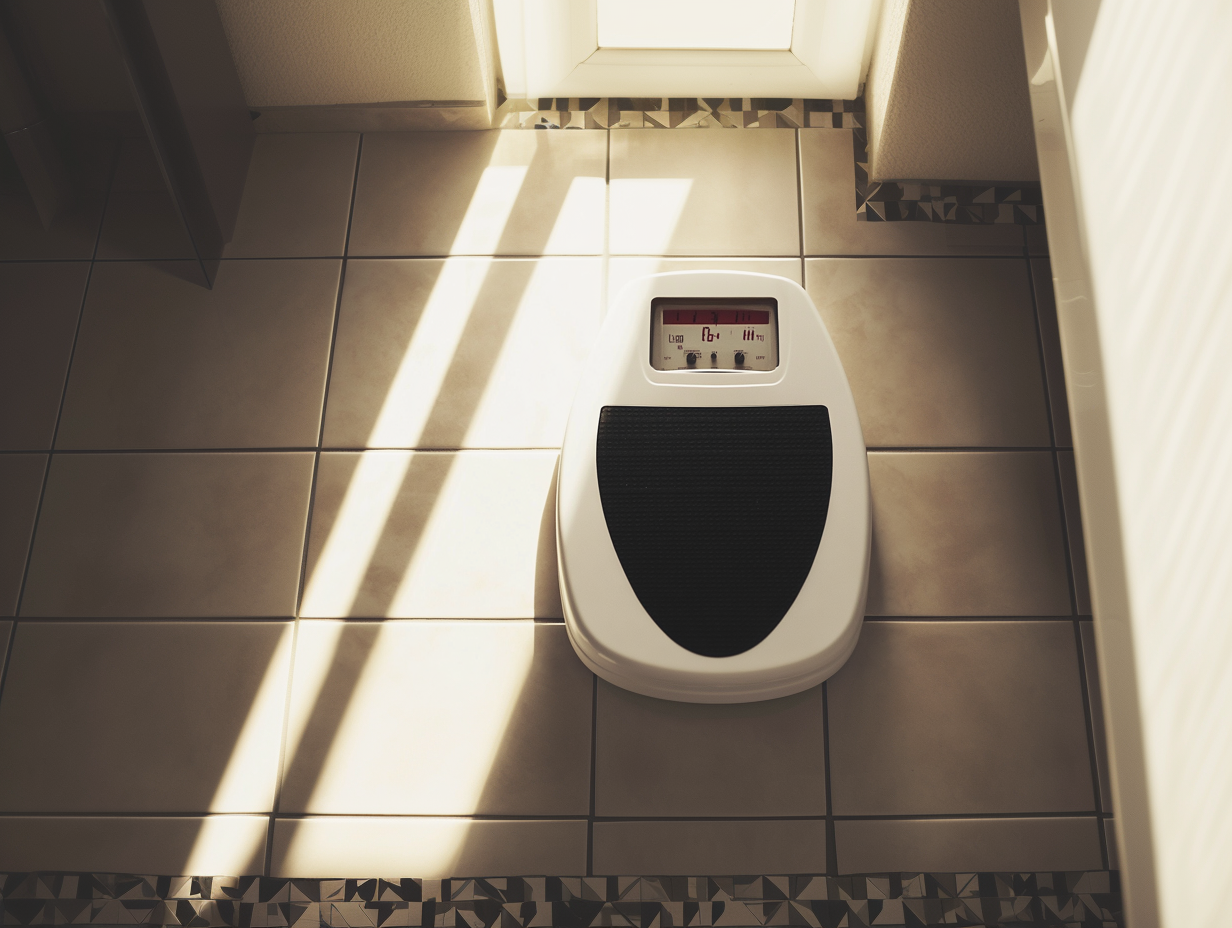As we age, our bodies change - and so does the conversation around weight. While there’s plenty of pressure to maintain a “healthy” number on the scale, the truth is, weight isn’t the whole story when it comes to aging well.
So, should you worry about weight as you get older?
The short answer: not as much as you think. What matters most is how you feel, how your body functions, and how you’re supporting your overall health.
This article explores how weight, strength, nutrition, and wellbeing all connect - and how to shift the focus from numbers to what really matters.
How Your Body Changes With Age
As we get older, it’s natural to experience changes such as:
- Slower metabolism
- Muscle loss (known as sarcopenia)
- Shifts in fat distribution
- Changes in appetite or digestion
- Chronic health conditions or medications that affect weight
These changes are not failures - they’re part of the normal aging process. Focusing on how your body feels and functions is far more helpful than obsessing over the scale.
What Does Matter More Than Weight?
Strength and Mobility
Muscle mass naturally decreases with age, but staying active can help maintain balance, mobility, and independence.
Focus on:
- Gentle strength-building exercises (e.g. resistance bands, bodyweight exercises)
- Walking, stretching, and daily movement
- Avoiding long periods of sitting
👉 Related reading: Why Moving a Little Every Day Helps Your Body and Brain
Balanced Nutrition
Rather than cutting calories or obsessing over portion sizes, aim to nourish your body with foods that support energy, mood, and strength.
Prioritise:
- Protein-rich foods (eggs, yogurt, beans, fish)
- Fibre (vegetables, fruits, whole grains)
- Hydration
- Healthy fats (olive oil, avocado, nuts)
Nutrient-dense meals help maintain bone health, brain function, and stable energy - even if your appetite changes.
👉 Related reading: Food That Feeds Your Brain: Easy Ideas for Each Meal
Mental and Emotional Wellbeing
Fixating on weight can lead to stress, guilt, or negative self-image - none of which help your health.
Instead, focus on:
- How you feel in your body
- Your energy levels
- The activities you enjoy
- Daily habits that support emotional resilience
Weight is just one piece of the puzzle - and far from the most important.
When Weight Might Be a Concern
There are times when unexpected weight gain or loss could signal a deeper issue. Talk to your doctor if you notice:
- Sudden, unintentional weight loss
- Unexplained weight gain, especially if accompanied by swelling or fatigue
- Loss of appetite or digestive changes
- Difficulty chewing, swallowing, or preparing food
- Changes in how your clothes fit that don't match your habits
These could be linked to medication side effects, thyroid issues, heart function, depression, or other conditions that are easier to manage when caught early.
A Note on BMI and Older Adults
Body Mass Index (BMI) is commonly used to assess weight, but it has limitations - especially in older adults. It doesn’t account for muscle mass, bone density, or body composition.
Some research even shows that a slightly higher BMI in older adults is not necessarily harmful - and may even offer protective benefits during illness or recovery.
👉 Take a look at the National Institute on Aging's article on Maintaining a Healthy Weight
How Elli Cares Supports Everyday Wellness
At Elli Cares, we don’t focus on weight. We focus on helping older adults and care partners:
✅ Build gentle, consistent routines
✅ Set reminders for meals, hydration, and movement
✅ Track symptoms and mood - not just numbers
✅ Feel supported, informed, and independent each day
Because living well means feeling confident in your body and your choices - not trying to shrink yourself.
👉 Related blog: How to Keep Your Energy Up Through the Day








